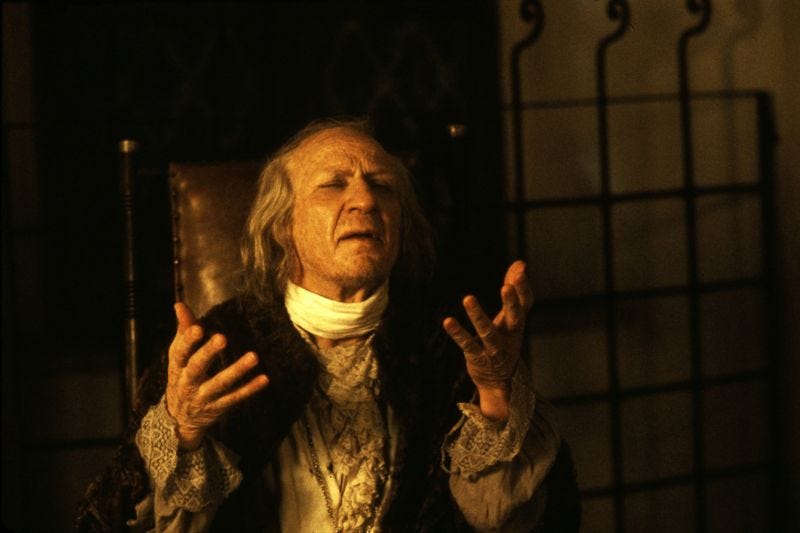

Law episode portrayed a man unable to speak without helplessly blurting obscenities and racial, ethnic or sexual slurs at people."That's the problem that we have - what's picked up in the media is often the most sensational aspect of it and does a disservice to people with Tourette," Friedlander said.In fact, the syndrome often can be so mild as to be undetectable to anyone but a trained clinician, said Friedlander, who added he is not convinced Simkin's theory is correct.Estimates of the number of people with Tourette syndrome range from 1 in 100 to 1 in 10,000, depending on the diagnostic criteria being used, said James P. Arguably the most prolific.The L.A. Al, 2014).James is still pursuing his music interests, and is currently the lead singer of Quiet Riot.
...
Amadeus Syndrome Movie That Struck
It is a dilemma no one can really solve."But David Comings, director of the department of genetics at City of Hope Medical Center in Duarte, agreed with Simkin."After I saw the movie, I came to the same conclusion," Comings said. No one today really knows how he sounded. "His liking and using obscene words, Peter and I discovered them in his letters. Things in the movie that struck me as silly the first time - that he liked to lift women's skirts, had an anal preoccupation, certain vocal mannerisms, was hyperactive - began to look like symptoms of Tourette."Director Milos Forman, who with British playwright Peter Shaffer co-wrote the Amadeus screenplay, appeared bemused by the suggestion that Mozart was anything more than an eccentric genius."I hear this word (Tourette) today for the first time," Forman said in a telephone interview from his Connecticut home. "When I got to the conclusion that he could have had this syndrome, I saw (the) movie two more times. Biographical research revealed 25 writers who described physical and vocal mannerisms of Mozart consistent with the syndrome.Simkin then decided to rewatch Amadeus, the 1984 film that won the award for Best Picture, which he originally disliked."I thought it was a terrible way to portray Mozart, very disrespectful," Simkin said.
It makes you focus and gives you drive."Simkin said he believes Mozart's pioneering use of the rondo form, that relies on repetition, and his experiments with dissonance, could have been a result of the disorder. A little of that is a good thing. "Tourette is linked with obsessive-compulsive behavior (in) about 50 percent of Tourette patients.


 0 kommentar(er)
0 kommentar(er)
